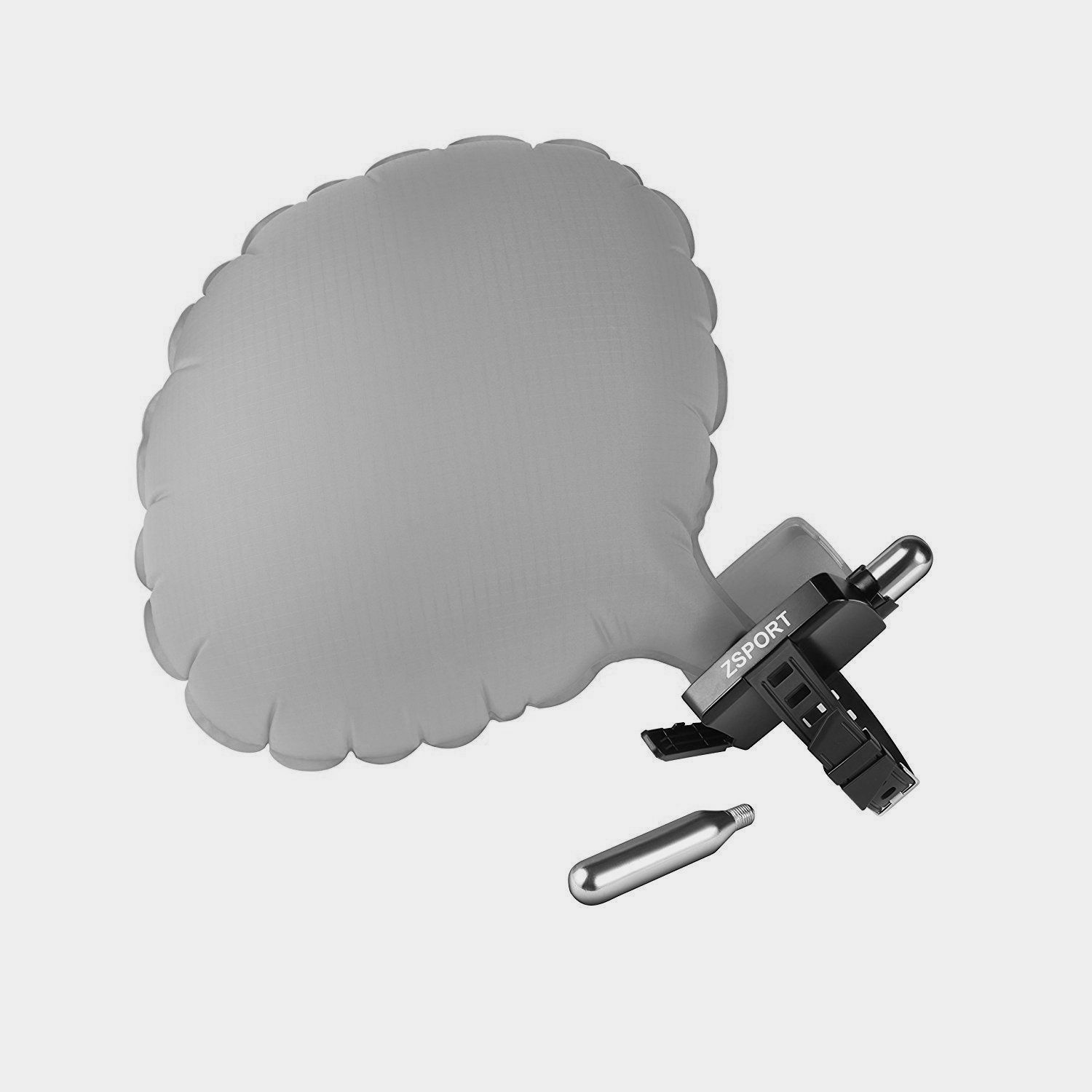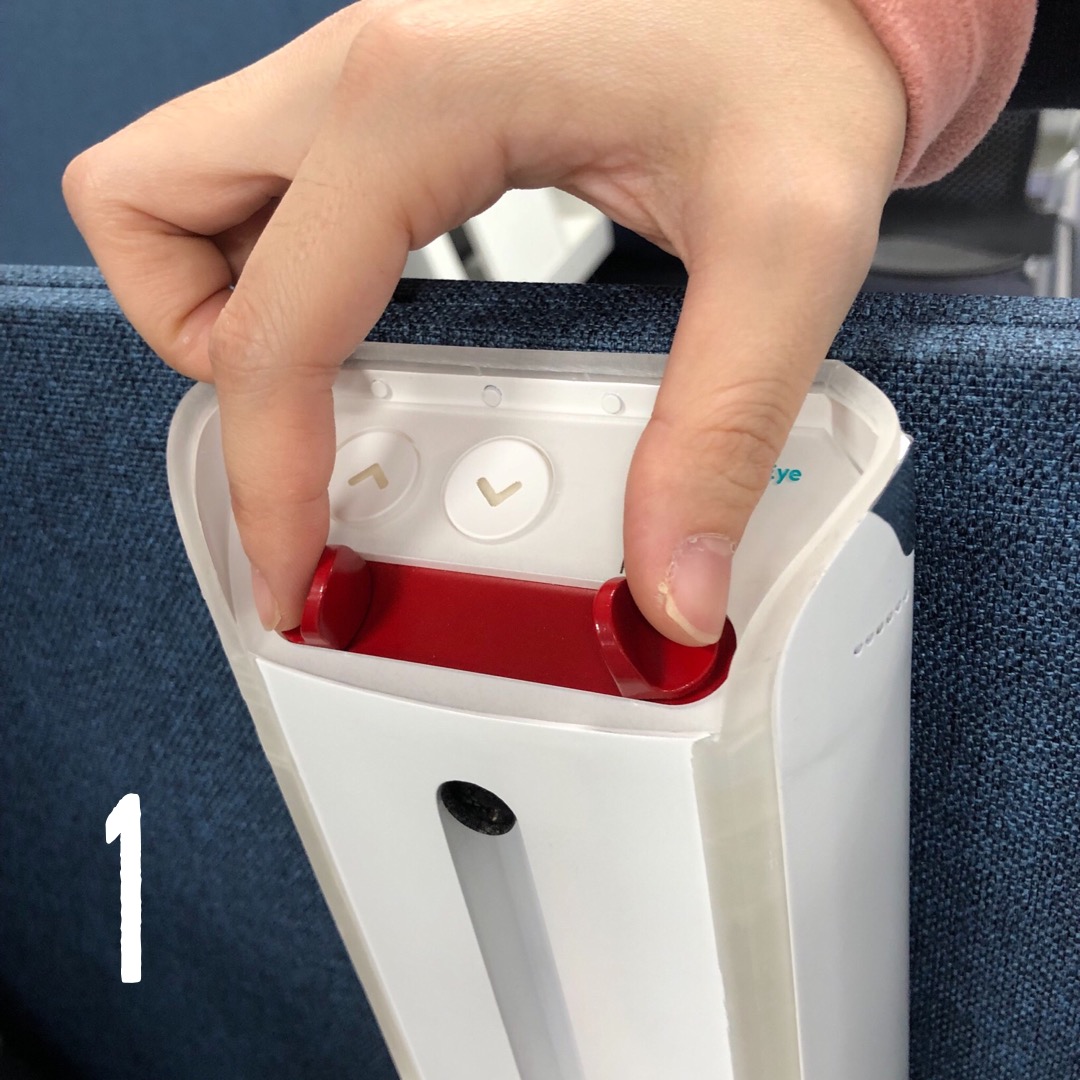swimsafe
A drowning prevention system that saves lives autonomously.

objective
To design a product for unexpected survival events using viable technologies in the next 3 to 5 years.
Drowning is the No. 1 leading cause of unintentional death for children ages 1 to 4
opportunities
After looking into the current market solution, I found multiple opportunities to improve pool safety.






Most products in the market don’t save the drowning person, they only notify others of potential drowning
Many drowning detection products are not reliable, due to lack of technology.
People are not able to make life-saving decisions when they are in a panic.
Drowning prevention products, such as pool fence, takes up a lot of space and are inconvenient to use
New Emerging Technologies
SwimEye
SwimEye is a technologically advanced Computer Vision Detection System for swimming pools. Their under-water cameras will monitor, track and record swimmer’s actions and movement. When SwimEye detects a swimmer in distress, it will notify pool lifeguards to the fixed monitoring & control station.
RF-Capture
Researchers at MIT’s Computer Science and Artificial Intelligence Lab have developed software that uses variations in Wi-Fi signals to recognize human silhouettes through walls. Today, the RF-Capture is sophisticated enough to distinguish up to 15 different people, determine a person’s breathing patterns and heart rate.
scenarios
After doing research on drowning, I created 3 common scenarios for concept development.
(Click image to enlarge)
concept sketches
I explored all kinds of drowning in different environments, activities, and age groups.

refined top five
Most drownings of children occur in home swimming pools. So I focused on designing a home pool drowning solution for my top 5 concepts.
From my deep dive in research and user study, I decided to move on with the Drowning Rescue Net because it has the most advantages and it is the most viable solution for the next 3 to 5 years.
Cons: Hard to ensure a 100% success rate.
Cons: Need to be worn before going into the pool. Cannot prevent unpredictable drowning.
Cons: Not able to save kids who drown when swimming in the pool.
Con: Hard to reinstall after use.
Experiment
I experimented with the most common pool types: the rectangular-shaped and the kidney-shaped pool.
Rectangular-shaped pool with stairs: The challenge was to make sure the net covers the stair area and not have gaps in the connecting parts.
Kidney-shaped pool with different depth: The challenge was to design a net that fits a pool with various depth and slanted floor.
Pole mockups
Partial Pole Mockups (Full Scale)
I did different form exploration and decided to build the rounded form for my final after getting feedback. Most people prefer rounded form as it looks more welcoming and safer in the pool.
Final Pole & The Net Clamp
Control Panel
I explored the buttons’ placement using laser cut acrylic pieces.
Decision Making of The Form
The sketch above shows the decision making process of the pole’s form and how it can fit on both the side and the corner the pool. (click image to enlarge)
Emergency Buttons Design Challenges
The emergency button is used to release the net from the pole if things get trapped under the net.
1. Buttons should be accessible only by adults. Kids must not be able to activate the button.
2. Buttons need to be intuitive in case of emergency. Adult should know how to activate without learning.
To detach the net:
how it works
After the drowning event
THANK YOU

MORE PROJECTS:


































